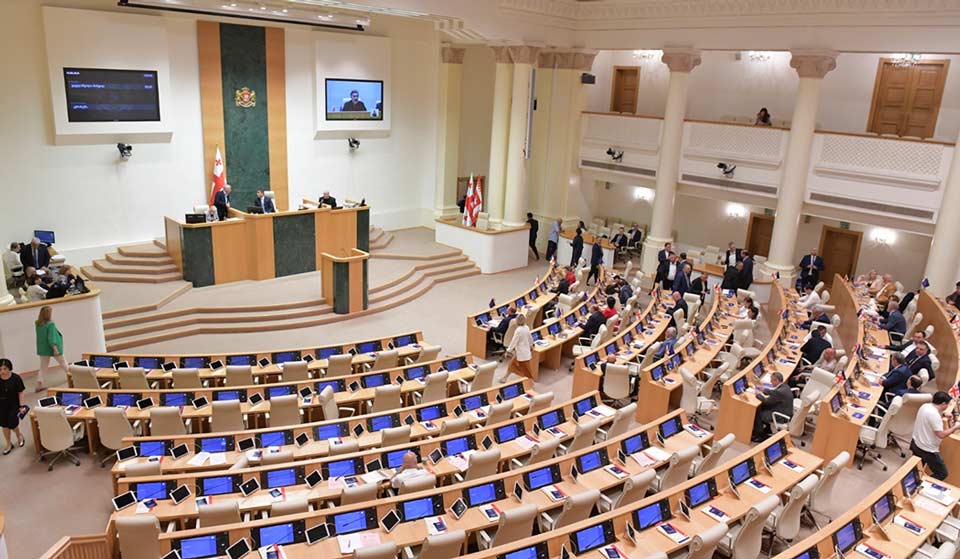The Georgian Parliament has passed the Amnesty Bill in its third reading, receiving 84 votes in favour. Initiated by the ruling Georgian Dream faction, the bill was presented by Rati Ionatamishvili, chair of the Human Rights Protection and Civil Integration Committee.
This Amnesty Bill is regarded as a balanced initiative that embodies humanistic principles while prioritizing public safety. Its primary goal is to mitigate the risks of rising crime rates and repeat offences.
With the law’s enactment, over 1,000 prisoners will be released, and more than 5,000 inmates will benefit from various aspects of the amnesty. The initiative also extends to individuals on probation, affecting approximately 22,000 probationers, with around 7,000 expected to be released from the probation system immediately upon the law’s implementation.
The amnesty applies to crimes specified under Article 300 of the Criminal Code. It stipulates that, for certain offences, victim consent is necessary, with clearly defined terms and procedures. Additionally, individuals must have no prior convictions for intentional crimes to qualify for amnesty in specific cases.
Provisions of the amnesty include full exemption from criminal responsibility and punishment, as well as sentence reductions of one-half, one-quarter, and one-sixth. Probation terms will also be shortened by one year for eligible probationers.
However, it is important to note that the bill does not extend to individuals convicted of serious offences, including murder, drug trafficking, sexual crimes, robbery, terrorism, corruption, organized crime, and other grave violations.
